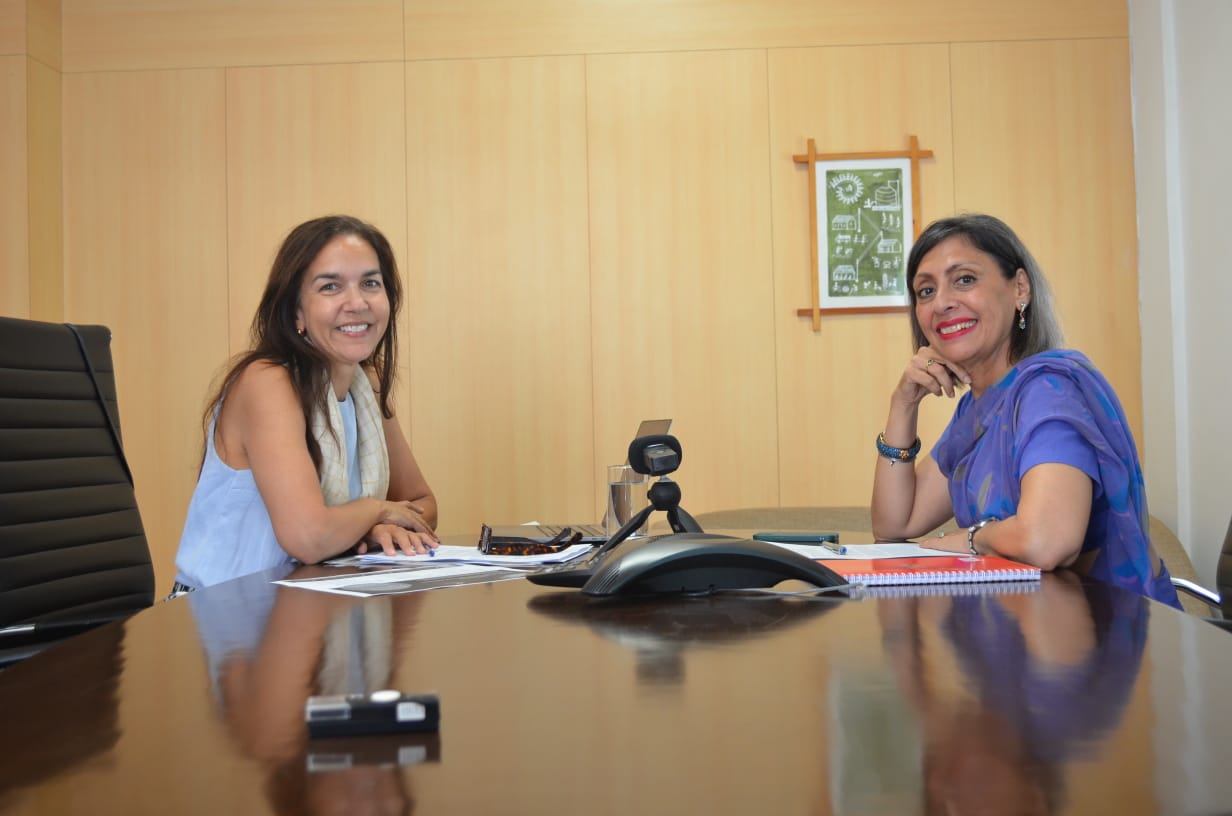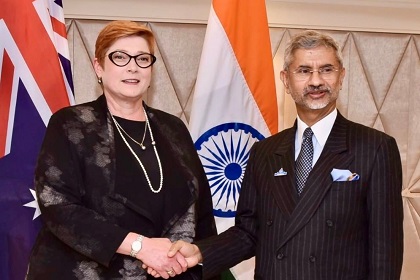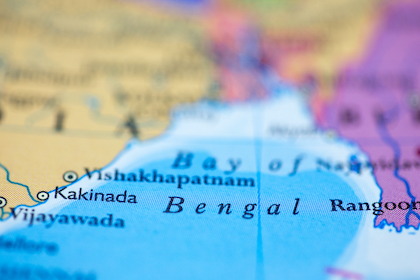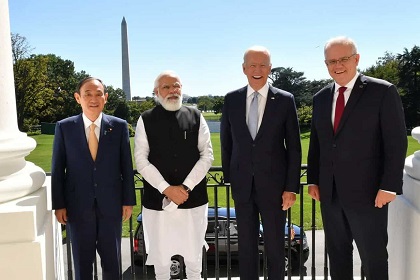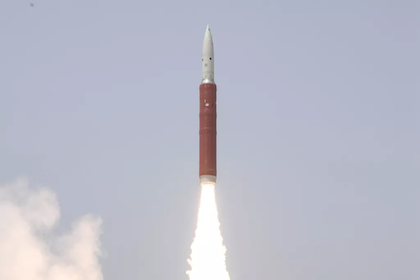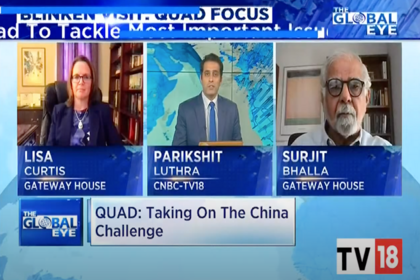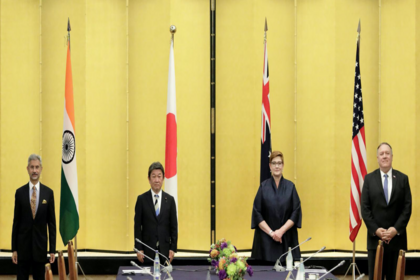Stepping up Kirby-Packer-Murdochs’ India legacy
Several Australian families and companies have had a deep impact on India, since the early days of its economic reformation – from telecom to entertainment. Now, with the two countries enjoined by a comprehensive bilateral trade agreement, it’s time to step it up and deepen common agendas on hard issues, from regulation on big tech to entertainment ecosystems to sports and stadium management.


